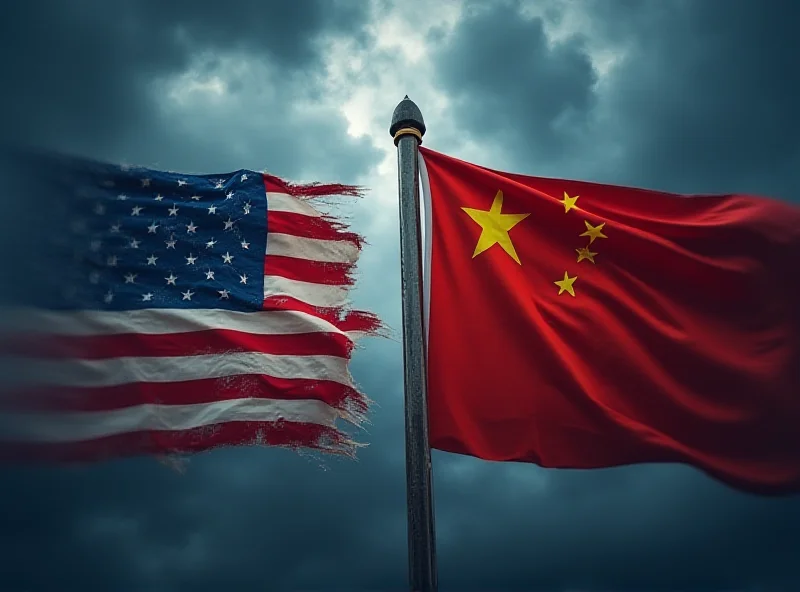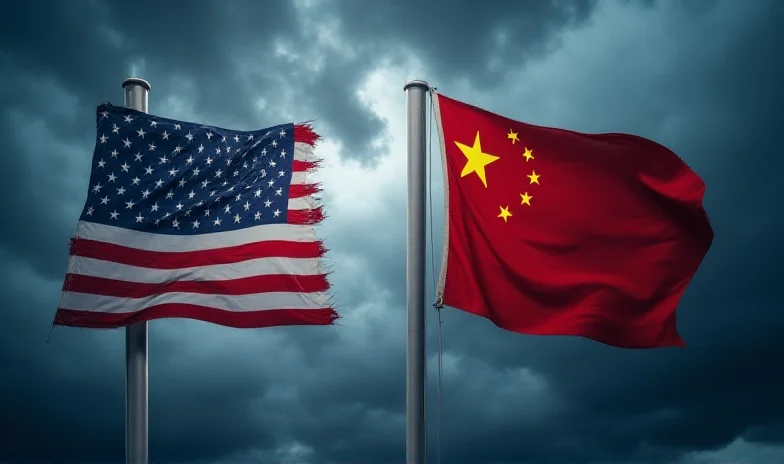Tensions between China and the United States are escalating across multiple fronts, raising concerns about potential conflict. China has declared its readiness for "any type of war" with the US, a statement that comes as Beijing increases its defense spending by 7.2%.

This aggressive stance is fueled, in part, by ongoing disputes over US tariffs. The economic friction is clearly contributing to a more confrontational posture from China.
Taiwan: A Key Flashpoint
The island of Taiwan remains a central point of contention. Beijing has voiced strong objections to comments made by US Senator Marco Rubio regarding Taiwan and tariffs, further exacerbating the already strained relationship. The Chinese foreign ministry also took issue with Rubio's revival of the Covid-19 lab leak origin theory, adding another layer of complexity to the diplomatic challenges.
The US is seen as Taiwan's primary ally in the face of increasing pressure from China. Questions are being raised about whether the perceived unpredictability of US foreign policy, particularly concerning the conflict in Ukraine, is causing unease in Taipei. Some analysts wonder if Taiwan is feeling less secure due to shifts in US priorities. However, others suggest that Taipei may have a stronger hand than it appears, capable of navigating these complex geopolitical waters.

Air Monitoring Program Shut Down
Adding to the list of contentious issues, the US State Department has abruptly terminated a Global Air Monitoring Program. This initiative had previously played a significant role in pressuring the Chinese government to improve air quality in Beijing. It was later expanded to encompass dozens of cities worldwide. The program's cancellation has drawn criticism, with some researchers arguing that it "paid for itself" in terms of public health benefits and diplomatic leverage.
The decision to halt the air monitoring program raises questions about the US commitment to environmental diplomacy and its willingness to engage with China on issues of global concern. This move, combined with the ongoing trade disputes and tensions over Taiwan, paints a picture of a rapidly deteriorating relationship between the two superpowers. As one analyst put it, "We are entering a new era of strategic competition, and the stakes are higher than ever."

The future of US-China relations remains uncertain. The combination of economic competition, geopolitical rivalry, and differing views on issues like Taiwan and human rights suggests that the path ahead will be fraught with challenges. Whether the two nations can find a way to manage their differences and avoid open conflict remains to be seen.
